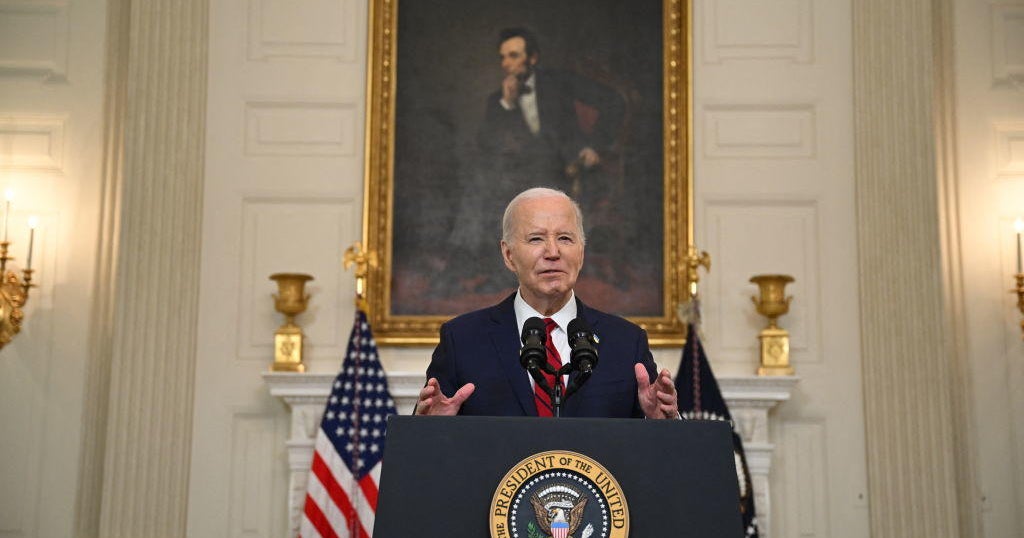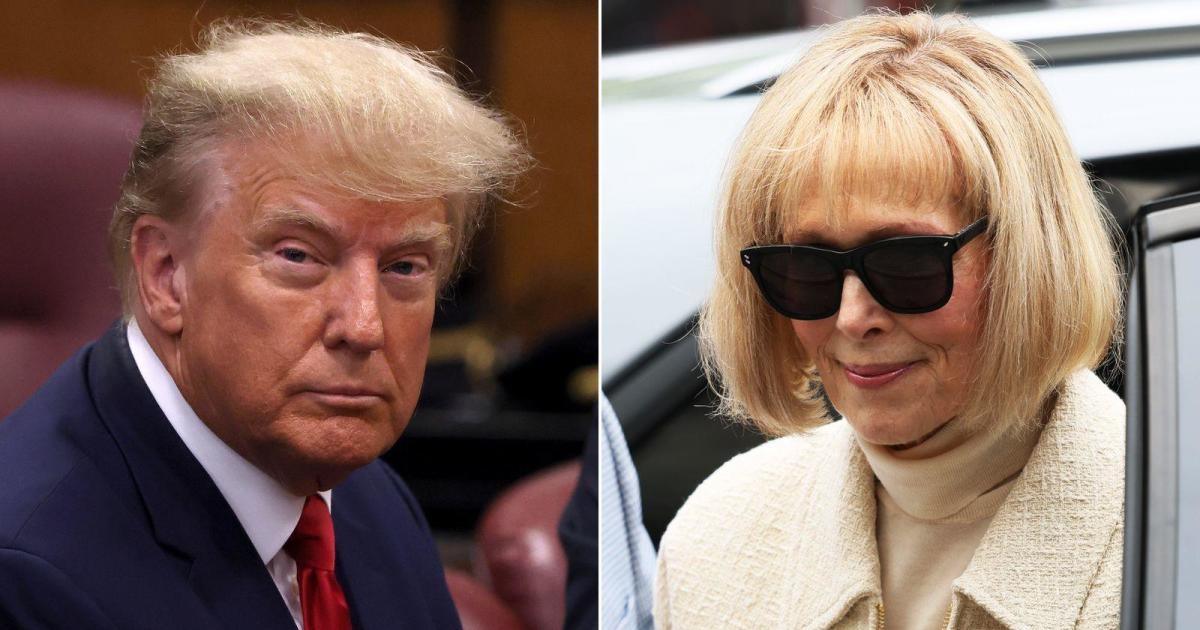Congress releases $1.3 trillion spending bill — here's what's in it
Congress has finally released a massive spending bill, in efforts to avoid a government shutdown this weekend and lay out a long-term spending plan. The House expects to begin votes on the bill Wednesday night on the legislation that would fund the government through the end of September.
Negotiators on the $1.3 trillion government spending bill officially dropped protections for so-called Dreamer immigrants and gave President Trump only a token victory on round of funding for his U.S.-Mexico border wall, meaning Mr. Trump will not get the full $25 billion he has requested for the wall project. The bill will allow for funding of just 100 miles of the wall. Mr. Trump, according to Republican leadership and the White House, supports the bill.
Mr. Trump spoke with Speaker of the House Paul Ryan and Senate Majority Leader Mitch McConnell Wednesday afternoon.
"The president had a discussion with Speaker Ryan and Leader McConnell, where they talked about their shared priorities secured in the omnibus spending bill," White House press secretary Sarah Sanders said. "The president and the leaders discussed their support for the bill, which includes more funds to rebuild the military, such as the largest pay raise for our troops in a decade, more than 100 miles of new construction for the border wall and other key domestic priorities, like combatting the opioid crisis and rebuilding our nation's infrastructure."
"The speaker met with the president this afternoon to discuss the emerging funding bill," Ryan spokesman Doug Andres said. "They had a good conversation about the wins delivered for the president, and he is supportive of the bill."
There have already been two brief government shutdowns in 2018, so that's what Congress is trying to avoid.
Here's what's in the proposal:
- The bill would give Mr. Trump a huge budget increase for the military, while Democrats would cement wins on infrastructure and other domestic programs that they failed to get under President Barack Obama. It funds a 2.4 percent pay raise for military personnel touted by Republicans.
- The bill includes the School Violence Act, providing new federal funding so schools have resources to prevent violence. It also includes the Fix NICS bill intended to strengthen the background checks system.
- It also provides an additional $2 billion to address VA hospital maintenance and construction backlogs.
- Democrats secured a $1.34 billion increase over last year's level for the U.S. Census, double what the Trump administration requested.
The measure on the table would provide major funding increases for the Pentagon — $80 billion over current limits — bringing the military budget to $700 billion and giving GOP defense hawks a long-sought victory.
Domestic accounts would get a generous 10 percent increase on average as well, awarding Democrats the sort of spending increases they sought but never secured during the Obama administration.
Both parties touted $4.6 billion in total funding to fight the nation's opioid addiction epidemic, a $3 billion increase. More than $2 billion would go to strengthen school safety through grants for training, security measures and treatment for the mentally ill. Medical research at the National Institutes of Health, a longstanding bipartisan priority, would receive a record $3 billion increase to $37 billion.
Community development block grants, which are flexible funds that are enormously popular with mayors and other local officials, would receive a huge $2.4 billion increase to $5.2 billion despite being marked for elimination in Mr. Trump's budget plan. And an Obama-era transportation grant program known as TIGER would see its budget tripled to $1.5 billion.
Here's what's not in it:
- A source familiar with the negotiations told CBS News' John Nolen that there are no provisions for defunding "sanctuary cities" that refuse to cooperate with federal immigration officials, and no cuts to Planned Parenthood.
- The measure won't renew protections for young Dreamer immigrants facing possible deportation. Mr. Trump has repeatedly blamed the Democrats for a failure to do something about the Deferred Action for Childhood Arrivals (DACA) program he ended.
- It also won't provide subsidies to insurers who cut costs for low-earning customers. And it won't have federal payments to carriers to help them afford to cover their costliest clients.
Lawmakers agreed on the broad outlines of the budget plan last month. The legislation implementing that deal is viewed as possibly one of few bills moving through Congress this year, making it a target for lawmakers and lobbyists seeking to attach their top priorities.
And while Democrats yielded on $1.6 billion in wall funding, none of that money would go for the new prototypes that Mr. Trump recently visited in San Diego. Negotiators rejected Trump's plans to hire hundreds of new Border Patrol and immigration enforcement agents, congressional aides said.
Republican conservatives are dismayed by the free-spending measure, which means Democratic votes are required to pass it. That gave Democrats leverage to force GOP negotiators to drop numerous policy riders that Democrats considered poison pills.
—CBS News' Rebecca Kaplan, John Nolen and Kathryn Watson contributed to this report.



